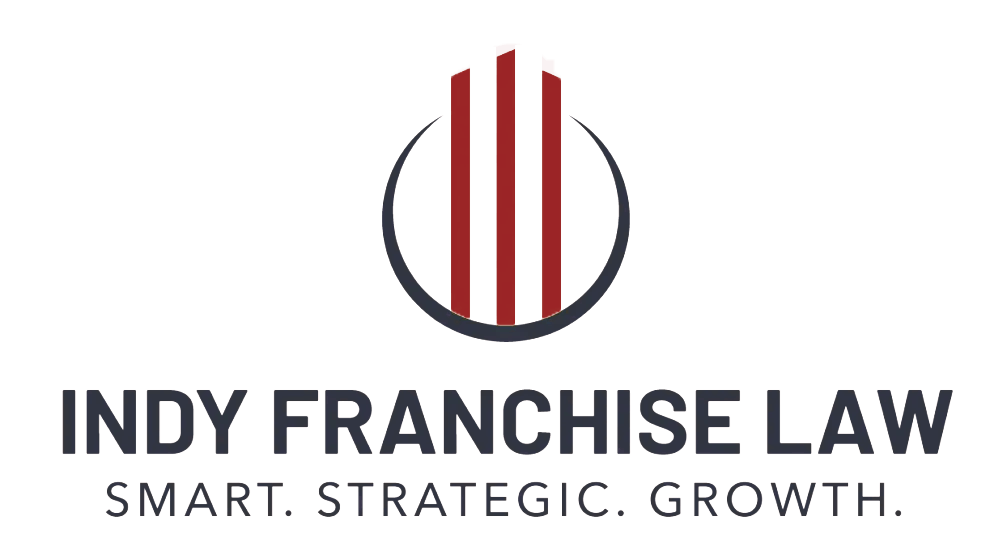Beyond providing you with financing options, the franchise is also required to supply detailed information about their support services so that you know exactly what you’re getting for all of the fees you’ll be paying from Item #6.
What you’ll learn:
• The type of pre-opening assistance you’ll receive from the franchise, including:
- Training programs
- Computer systems set-up
- Advertising
- Etc.
• How much ongoing support and assistance you’ll receive, including:
- Continued marketing
- Yearly training
- Software updates
- Etc.
After reading through this item, you should have a good idea of how much assistance you’ll be getting from the franchisor.
Why is this important?
To be a little more specific, Item #11 focuses on the franchisor’s training programs, computer systems and advertising policies. This is easily the longest item in the FDD so take a deep breath before diving in.
Now, let’s back up a second.
I’ve said this before, and I’ll say it again; the beauty of a franchise is in its duplicable systems and procedures. Therefore, their training programs, computer systems and marketing should be straightforward, thorough and consistent. These are the things that make the franchise a systematic, money-making machine! (in theory ☺). So, it’s important to pay attention to what you’re getting.
While this Item may seem pretty straight-forward, there are some things to watch out for. For one, compare the support you’ll be receiving to the fees you’ll be paying. If your fees are exceptionally high, then ask what you’re getting for them! You should be receiving routine ongoing training to keep your skills sharp, computer software coaching and system updates to help maintain organization in your business, inclusion in mass marketing campaigns to get you noticed, and more. Sometimes, a franchise will charge high fees but a lot of the money is just siphoned off to benefit the franchise directly, instead of you. This defeats the purpose of the fees and renders them frivolous, so make sure your support complements your fees.
In addition, pay close attention to whether or not the franchisees (that’s you!) are given a say in the national marketing fund and program. Ideally, you want to have as much control as possible over local marketing. This is very important. Your success or failure will be significantly impacted by the people within a 5-10 mile radius of your franchise. If not, that means the franchisor controls all of the national marketing, with little or no input coming from those of you running the shops. Not only does this sometimes make for poor marketing that misses the mark, but it could also be a red flag that the money is being mismanaged or abused.
It’s important to cross-reference this section with Item #3 to see if there’s a history of litigation within the franchise and disputes with the franchisees. If it seems like money, or a failure of the franchise to hold up their end of the bargain, are routine problems, then start asking some in-depth questions and get to the bottom of the cause.
All that being said, you will find that many franchisor’s offer a good amount of support to their investors, which is very important! Look out for those red flags, but take careful notes with post-its and a highlighter because you’ll want to completely understand the support being offered so that you can take full advantage of it.
The bottom line is that #11 provides a run-down of all the help you should expect to receive from the franchise. This is their contractual guarantee to you and should directly answer any questions you have about why you’re paying fees and what they’re specifically for.
Next week you’ll learn about your territory rights in Item #12!









